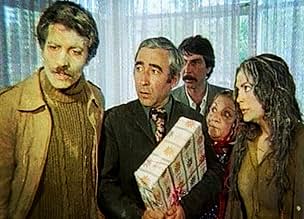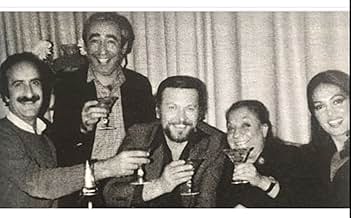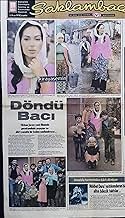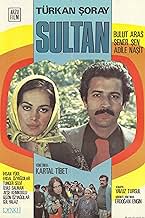Sultan (1978), directed by Kartal Tibet, is a time capsule of 1970s Turkey, a poignant reminder of the enduring power of cinema to capture and reflect societal issues. The film's soundtrack, filled with the melancholic strains of arabesk music, and the characters' names borrowed from popular TV shows (Charlie, Columbo, etc.), immediately transport us to a bygone era.
The film's narrative tackles a myriad of social issues that remain relevant even today. We witness the struggles of a rapidly urbanizing society grappling with infrastructure problems, land grabs for profit, and protests against the construction of a bridge. The film also delves into the role of women in society, highlighting their struggles for recognition and respect, as exemplified by a scene where a woman's testimony is dismissed at a police station.
Written by Yavuz Turgul in 1978, the script's continued relevance in 2024 underscores the importance of cinema as a repository of social memory. It's a testament to the film's enduring power that its themes continue to resonate with audiences decades later.
Sultan, with its evocative score composed by Cahit Berkay and its authentic depiction of life in the Rumeli neighborhood of Sariyer (where Sultan's shanty house still stands), is undoubtedly one of Kartal Tibet's finest works.
The characters are vividly drawn and memorable, particularly Ayse Kemikoglu, dubbed by Celile Toyon in the role of Asiye, and Enayi, the adopted stray dog. These characters, with their resilience and unwavering spirit, embody the struggles and hopes of a community facing adversity.
Sultan is more than just a film; it's a window into a specific time and place, a snapshot of a society grappling with change and upheaval. It's a testament to the power of cinema to capture the essence of a nation and its people, and a reminder that the stories we tell on screen can have a lasting impact on our collective consciousness.
































